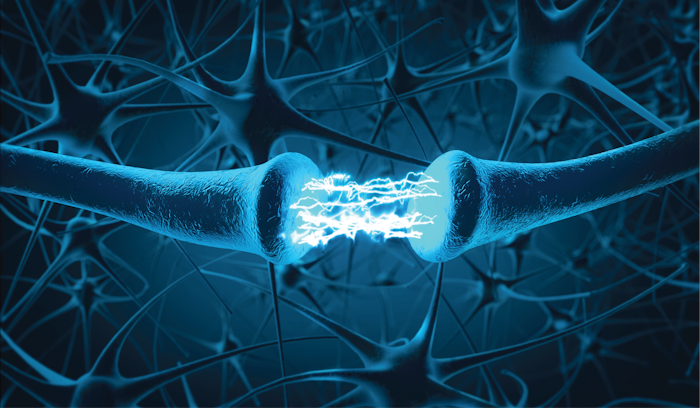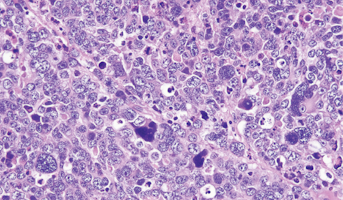Identification of Circulating Noncoding RNAs and Metabolites in Cerebrospinal Fluid(CSF) in Medulloblastoma Patients
Email Principal Investigator

Ranjan Perera
CBTN Specimen
CBTN Participants
CBTN Samples
Backer
Institutional Funds
About this
Project
Medulloblastoma (MB) is the most common pediatric brain tumor arising in the cerebellum and has a propensity to affect younger male patients. Treatment options for MB patients depend upon several factors including, type, stage, and location of the tumor and overall patient health. Common treatment strategies include surgical removal, radiation therapy, chemotherapy, pharmacological treatment, and stem cell/bone marrow transplantation. However, patients are at risk for side effects including neurocognitive impairment and endocrine disabilities. Unfortunately, like many other cancers, accurate tumor detection, tumor metastasis, and drug resistance are a serious issue, and until today, no effective solutions are proposed to solve the above problems in MB. The primary focus of this project is to identify molecular markers used to differentiate medulloblastoma subtypes in cerebrospinal fluid (CSF). Identification of such markers is necessary to predict outcomes, understand disease progression using minimally invasive procedures and pursue new therapy options. The CSF samples necessary to complete this work will be provided by the Children’s Brain Tumor Network.
Ask The
Scientists
What are the goals of this project?
Researchers aim to identify molecular markers identifiable in CSF samples that could be used to classify medulloblastoma subtypes and provide improved diagnostics, prognostics and monitor outcomes.
What is the impact of this project?
Validating the use of such molecular markers is necessary to move forward in the development of therapeutic options.
Why is the CBTN request important to this project?
This work requires CSF samples made accessible through the Children’s Brain Tumor Network.
Specimen Data
The Children's Brain Tumor Network contributed to this project by providing cerebral spinal fluid samples.


